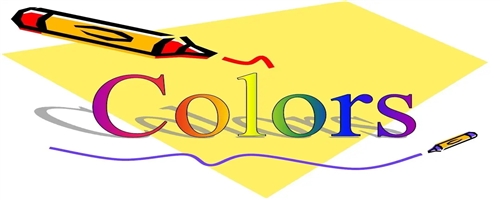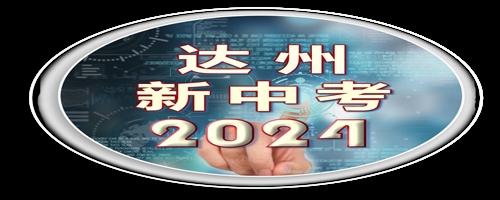把肯定句改成否定句分以下情况:
1、句中有be动词的,在be动词后加not;
2,句中有情态动词的(can ,should,must ,would),在情态动词后面加not;
3.句中没有be动词和情态动词的,在动词前加don’t或doesn’t ;
① 句中动词为原形的,加don’t .如:I like apples.I don’t like apples.
②句中动词为三单式的,加doesn’t,并将三单式的动词还原成原形.
如:He likes apples.He doesn’t like apples.
4、肯定句中的some在否定句中应改为any
如:There are some students in the classroom.There are not any students in the classroom.
Tom’s brother is walking in the park.2.They can play football after school.
He likes the violin.
Have some bread,Tom.5.We like the mask.6.Please open your books.
7.He has some books.把陈述句改成一般疑问句,分以下情况:
1.句中有be动词的(am,is,are,was,were),将be动词移到句子开头,将句号改为问号,其他照抄.如主语为第一人称,应将其改为第二人称.如: We're watching TV. → Are you watching TV﹖ 2.句中有情态动词的(must,should,would,can),将情态动词移到句子开头,将句号改为问号,其他照抄.如:He can swim.--> Can he swim?
3.句中没有be动词和情态动词的,在句子的开头添加do或does,将句号改为问号.
①句中动词为原形的,在句子开头添加do.
如:They go to school at 7:00.-->Do they go to school at 7:00?
②句中动词为三单式的,在句子开头添加does.将原来的三单式动词还原为原形.
如:She reads books everyday.--> Does she read books everyday?
注意:1)在疑问句中,原来的some应改为any.
2)句前添加do或does之后,注意单词首字母的大小写转换.
3)改成疑问句后别忘记将句号改为问号.
4)疑问句中原来的第一人称(I)要改为第二人称(you)
We collect some eggs everyday.
I was at the camp last week.
3.David usually plays football at school.
4.They collect some eggs on the farm.
5.My mother is cooking nice food at home.
6.His father goes to work by bus.
7.He likes English.
8.They can swim.
9.He has a birthday party every year.
10.You are a good student.





 。
。